Open
Design
COURSE
Mesh vzw organizes an 11-week course in Open Design for refugees, asylum seekers and “sans papiers” currently staying in Belgium.
The program focuses on Open Design as a technological and as a design or artistic practice. The course method is based on co-creation and peer learning, and puts an emphasis on new media literacy.
The course accepts a maximum of 15 participants. Candidates should apply by sending some background information about themselves. Our common language is English. There is no tuition fee, participation is free of charge. We can support your travel expenses to the course and also the lunch between morning and afternoon classes is covered by the course.
s
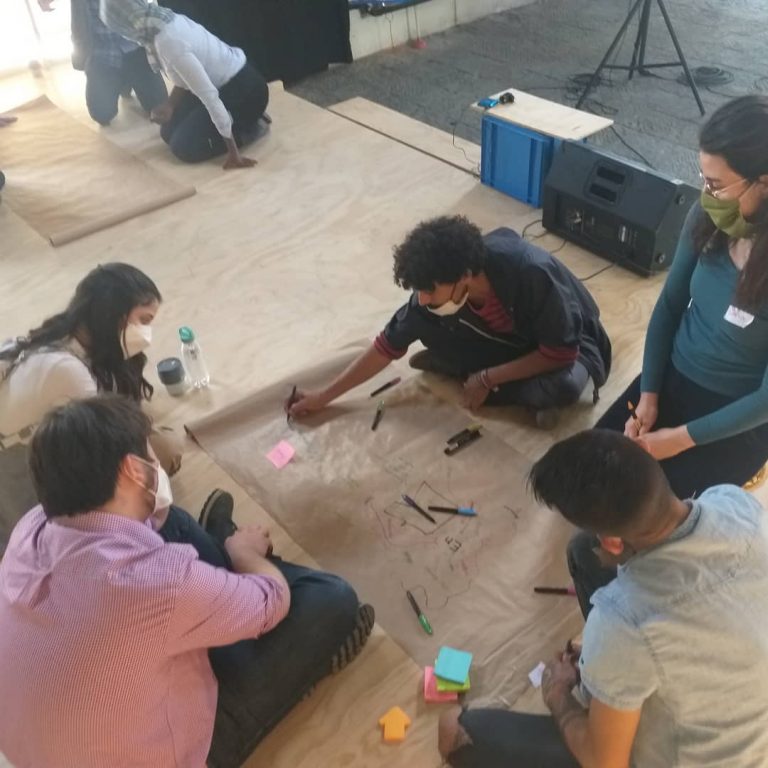
The Program
WEEK 01
We get to know each other, the program, get to know our tools, What
Open Design is or could be, and explore design methodologies
collectively.
WEEK 02
This week we use the Raspberry Pi as a tool to explore physical computing and what we can do with it. Connect to it, command line, notion and python.
WEEK 03
Pixels and Vectors, we discover tools to vectorise ideas and identities.
WEEK 04
Pixels and Vectors, we discover tools to vectorise ideas and identities.
WEEK 05
What is 3D? Together with FormLab we examine 3D, How do we scan an object, modify it and bring it back to the physical world.
WEEK 06
The web and beyond, here we explore what lives on the web and quickly dive into the world of coding, this starting with html, css to animation and how to connect with a server.
WEEK 07 & 10
We finalize and go deeper into what you want to explore with a project. It can be Web, 3D, Raspberry Pi, the Scan or a sketch or everything together.
WEEK 11
WE share our work in progress that was developed during the course in an Open Lab.
We will update the full program in detail end of August.
THEORY AND PRACTICE
This intensive course will provide practical and theoretical competencies, and aims at a higher education learning level. It offers a broad and general overview of Open Design as a contemporary sociotechnical phenomenon, and facilitates individualised indepth and practice based learning of specific Open Design strategies and tactics. The course requires participants to attend classes 3 days per week.
ART, INNOVATION AND ENGAGEMENT
The course will theoretically and conceptually contextualize Open Design as an innovation practice and as a practice of artistic expression, as well as a practice of civic engagement.
This course will introduce and discuss a broad spectrum of tools and methods and their underlying narratives. For this, Open Design is approached as a possible basis for various related fields in art and design. You will explore examples from participatory design, social design, critical design, speculative design and experimental media art (art and technology, art and activism, bio-art…).
OPEN TOOLS
SHARE YOUR EXPERTISE
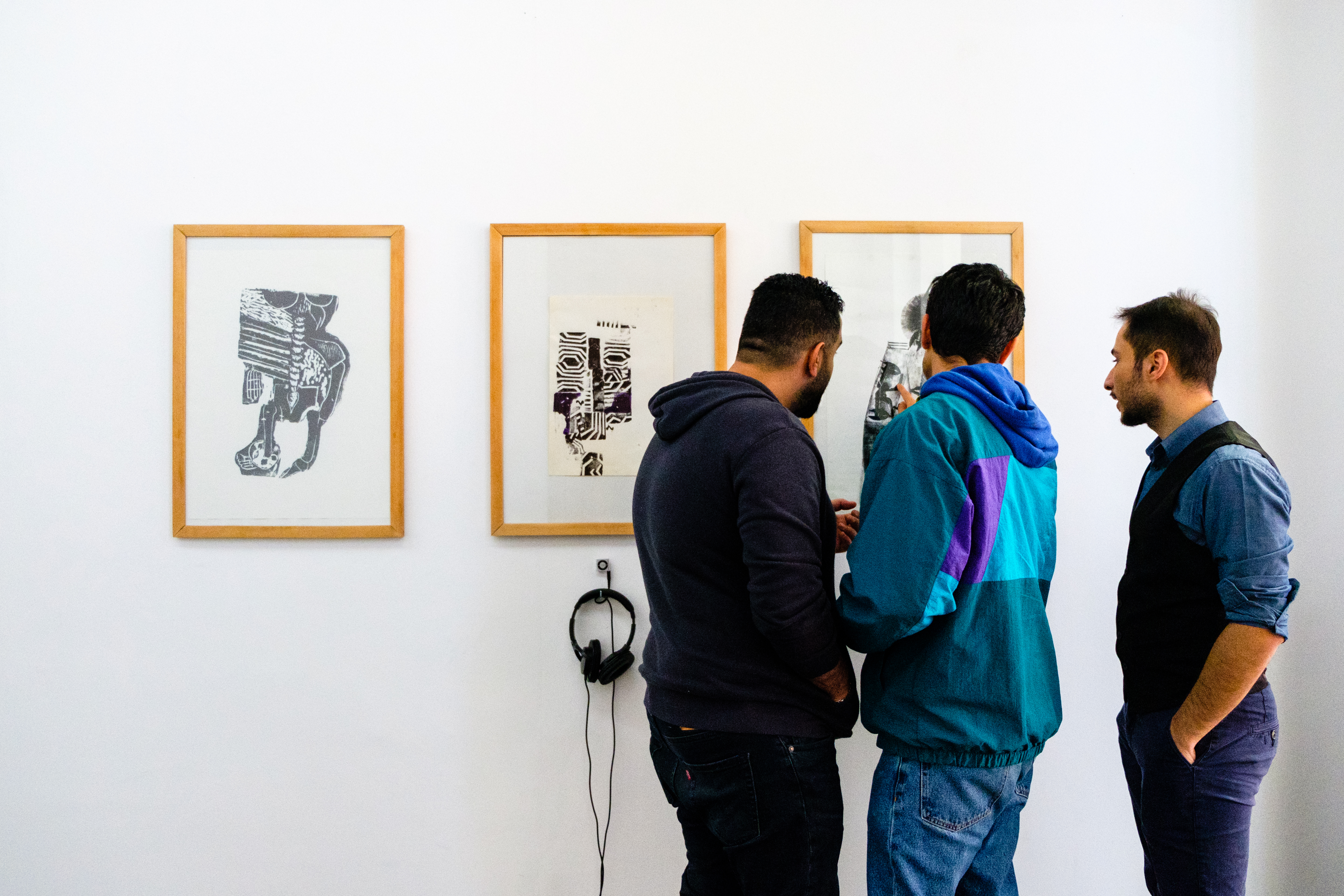
WHAT WILL YOU MAKE?
We foresee a wide range of possible outcomes which can include: media creations or publications (books, magazines/editions, texts, videos, audio-works posters,… ), digital creations (websites, apps, software), interactive objects or installations, speculative design (objects, prototypes, visualisations), social design (participatory performances, situations, events).
There is much more, and this is really up to you.
EVALUATION
CERTIFICATE OF COMPLETION
LEARNING TOGETHER
Participants
The ODC accepts participants with educational or professional backgrounds (or other experience) and skills from very diverse backgrounds. Do not hesitate to contact us if you have questions about this.
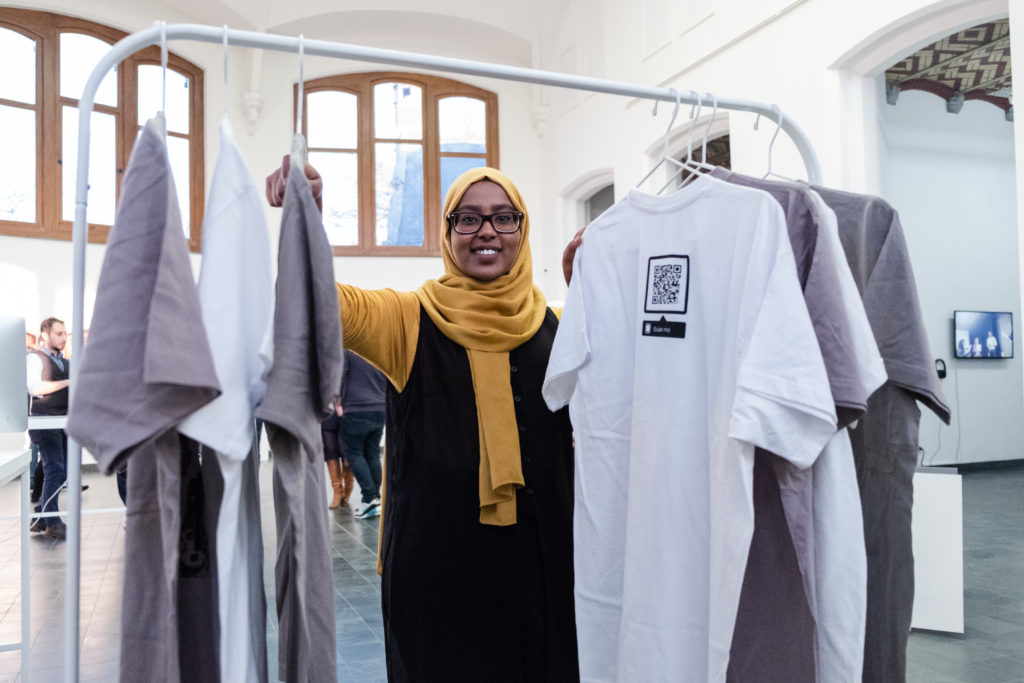
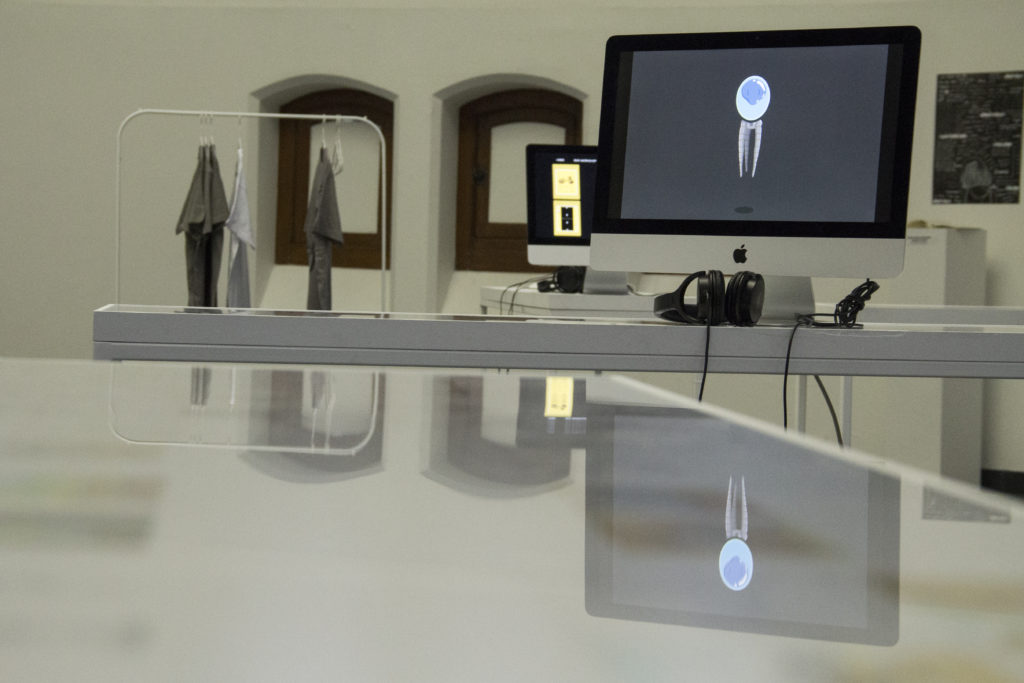
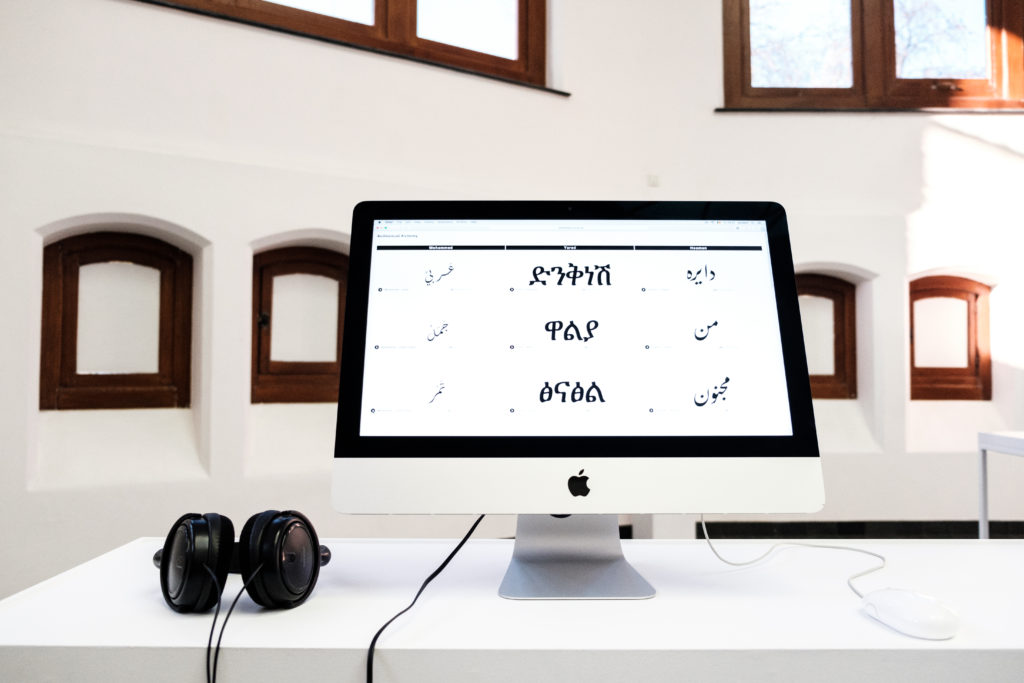
DESIGN SKILLS
- web design or web development (html, css, javascript, python, php, mysql)
- graphic design (adobe, open source tools)
- digital design and digital manufacturing (3D modelling, 3D printing, laser-cutting,..), computer programming
- open hardware (arduino, raspberry pi, processing, pure data)
- illustration
- drawing
- creative writing (storytelling, poetry, language and translation, journalism, copywriting)
- audiovisual (sound-design, filmmaking, video editing, motion graphics, animation)
- radio, electronic music
- design theory and thinking
- specific design or handicraft skills such as furniture, fashion, textile design, tapestry…
- marketing and advertising
- printmaking (silkscreen, lithography, letterpress…)
- project management
- photography
- performance making
- social design
- architecture and urbanism
OTHER BACKGROUNDS
We are also welcoming additional expertise and skills from applicants with a background in:
Education sciences, Communication sciences, Political sciences, Anthropology or Cultural studies, Psychology, Philosophy, Sociology, Biology, or other academic backgrounds.
APPLICATION REQUIREMENTS
Candidates should:
- demonstrate a keen interest in Open Design.
- ideally have educational or professional expertise related to the skills listed.
- are willing to share their skills with others in the context of co-learning and co-creation.
- be at least 18 years of age.
- be able to attend class meetings 3 days/week at KASK School of Arts, Bijloke campus in Ghent.
- have basic computer skills.
- have at least basic English language skills.
- register via the application form (on our website, via mail or postal service).